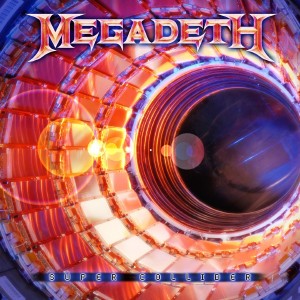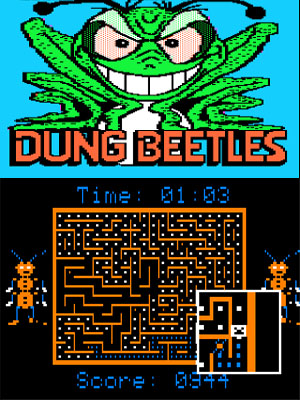 The University of Montreal in Quebec presented a conference on the cultural, aesthetic and historical hybridizations between video games on heavy metal. The presentations, occurring on March 15th, are available via video at the bottom of this post.
The University of Montreal in Quebec presented a conference on the cultural, aesthetic and historical hybridizations between video games on heavy metal. The presentations, occurring on March 15th, are available via video at the bottom of this post.
Although the conference was presented in French, the video is fully captioned in English. Professors Dominic Arsenault and Louis-Martin Guay presented their research as the cornerstone of the conference, covering the origins of their interest in the topic and some of its history.
That history moves us through the arcade era from pinball machines to stand-alone video games, then takes us through the home gaming revolution with 8-bit machines, and finally to 16-bit gaming and now modern game as technology evolved and became cheaper. It compares the music, imagery and traditions of both metal and video game cultures.
At the peak of this is Professor Arsenault’s attempt to meld metal and classic gaming, covering “experimentations in transfictionality, sound design and concept for 8-bit metal that’s not just metal covers, 8-bit covers, game-themed metal or chiptunes.” Arsenault, who believes metal and video games are a natural fit, has presented related research at other conferences to great success.
Our two cents here is that metal and video games arose almost in parallel and both emphasized the solitary youth whose parents, fractured by divorce and social chaos, withdrew in an age of nuclear terror. As a result, both genres tend to focus on conceptual settings that emphasize both escapism, and a tackling in this new escapist context of ideas that threaten the solitary adventurer in real life. By placing those threatening ideas in an otherworldly context, they can be addressed as removed from their painful (and boring) day-to-day reality.
13 CommentsTags: academia, Heavy Metal, nuclear war, videogames
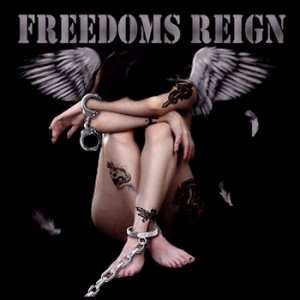
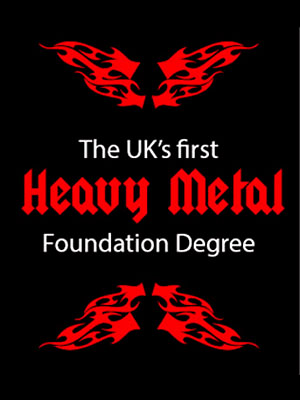
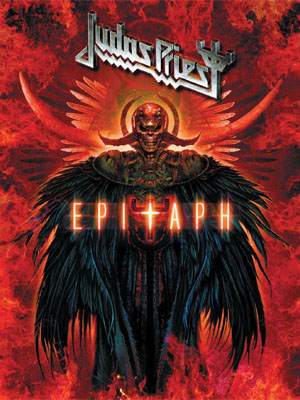
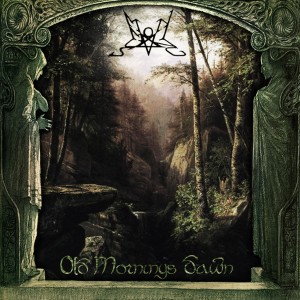
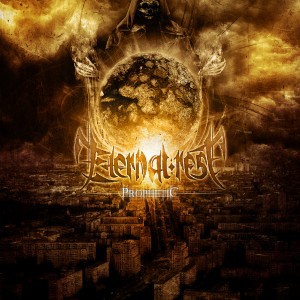
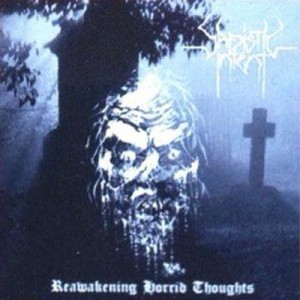
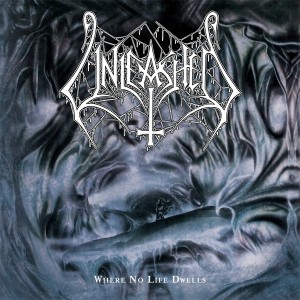 Although AC/DC and Motorhead have been putting out basically the same album over and over for 30 years, fans of these two bands never blamed them for not being different.
Although AC/DC and Motorhead have been putting out basically the same album over and over for 30 years, fans of these two bands never blamed them for not being different.